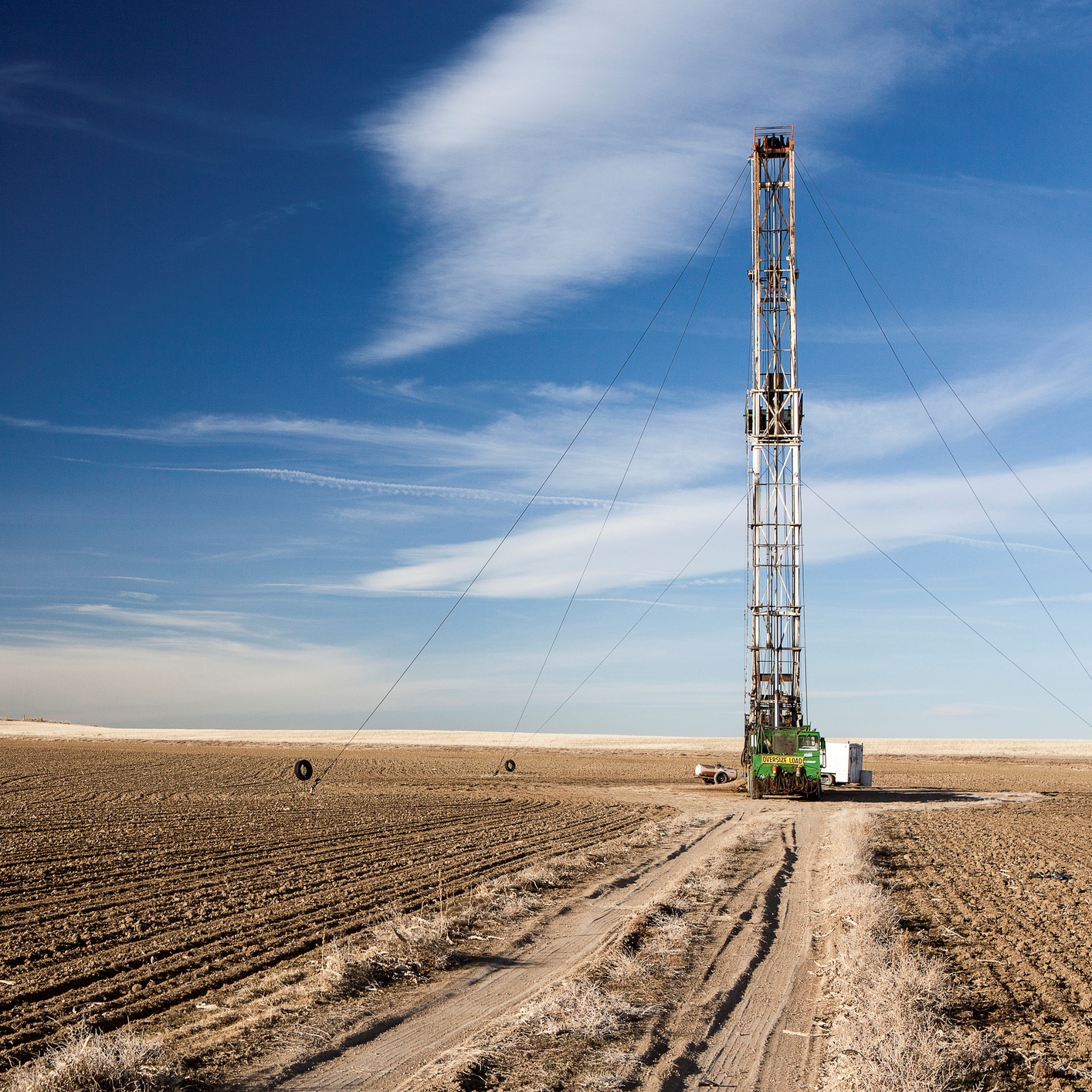Energy
Big Acquisition Doubles Exxon Mobil's Permian Basin Oil Assets

Published:
Last Updated:

If there is one area of the United States that continues to enchant and enthrall energy investors and operators alike, it would have to be the Permian Basis. The abundance of oil and lower all-in costs to extract and deliver the oil have kept Permian Basin plays operating even during most of the oil crash from late 2014 into the first part of 2016. With oil coming back to above $50 per barrel, now we have word that Exxon Mobil Corp. (NYSE: XOM) is acquiring companies that will effectively double its Permian Basin resources to about 6 billion barrels of oil.
Exxon announced on Tuesday, January 17, 2017, that the assets include 250,000 acres in the Permian Basin. All in all, the acquisitions add more than 3.4 billion barrels of oil equivalent and 75% is counted as liquids.
The upfront acquisition cost was set at $5.6 billion, which actually will be paid in Exxon shares to companies owned by the Bass family of Fort Worth, Texas. This 3.4 billion barrels of oil equivalent is located in New Mexico’s Delaware Basin, which they called a highly prolific, oil-prone section of the Permian Basin.
Exxon will make an upfront payment of $5.6 billion in Exxon shares. Then there are a series of additional contingent cash payments that can add up to an additional $1 billion over the years of 2020 to 2032.
The acquired companies include the operating entity BOPCO and they hold about 275,000 acres of leasehold and production of more than 18,000 net oil equivalent barrels per day. This was shown to include about 250,000 acres of leasehold in the Permian Basin, with the bulk of that in contiguous and held-by-production units in the Delaware Basin. The companies also hold producing acreage in other areas in the United States. Exxon is producing approximately 140,000 net oil-equivalent barrels per day across its Permian Basin leasehold.
If you want to break down the cost of the oil here, it is important to understand that this is a stock deal rather than a cash deal. Still, that stock does come with expected dividends. We also have to consider the initial $5.6 billion to be paid as the rest is spread out in the future and the additional $1 billion is contingent.
The grand total of $5.6 billion for 3.4 billion barrels is just $1.65 per barrel. That of course does not consider one penny of operating, drilling, transportation and other costs. It is also important to consider that $5.6 billion in Exxon shares would generate an additional amount of almost $200 million in annual dividend payments, which Exxon is on the hook for as long as those shares are outstanding. That dividend payment also does not consider that the dividend has been raised year after year.
Darren W. Woods, Exxon’s new chairman and chief executive officer, said of the deal:
This acquisition strengthens ExxonMobil’s significant presence in the dominant U.S. growth area for onshore oil production. This investment gives us an exceptional Delaware Basin position in a proven multi-stacked play that can generate attractive returns in a low-price environment.
The highly-contiguous position will provide significant cost advantages in developing 3.4 billion barrels of resource, of which 75 percent is liquids. By utilizing ExxonMobil’s technological strength coupled with its unconventional development capabilities we can drill the longest lateral wells in the Permian Basin, reducing development costs and increasing reserve capture.
Before thinking that $5.6 billion, whether in cash or in stock, is a huge deal, it is important to understand that Exxon’s market cap is $358 billion. The company can easily afford this transaction. This just continues a streak of deals made by various oil and gas players seeking to get more access in the Permian Basin, and shareholders are generally very supportive of Permian Basin acquisitions.
At $86.35, Exxon Mobil shares have a 52-week range of $71.55 to $95.55 and a consensus analyst target price of $88.64.
If you missed out on NVIDIA’s historic run, your chance to see life-changing profits from AI isn’t over.
The 24/7 Wall Street Analyst who first called NVIDIA’s AI-fueled rise in 2009 just published a brand-new research report named “The Next NVIDIA.”
Click here to download your FREE copy.
Thank you for reading! Have some feedback for us?
Contact the 24/7 Wall St. editorial team.